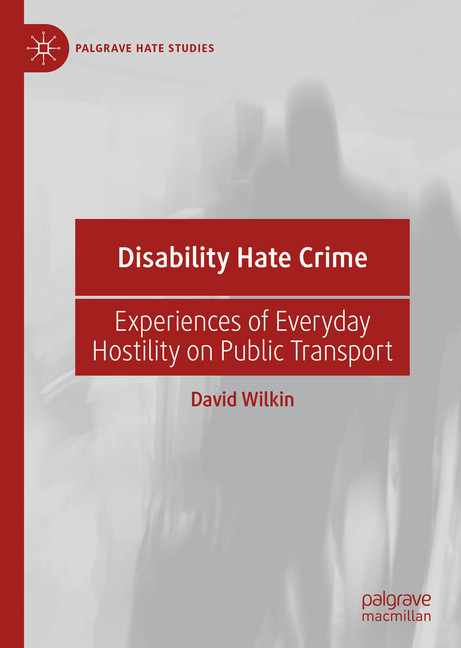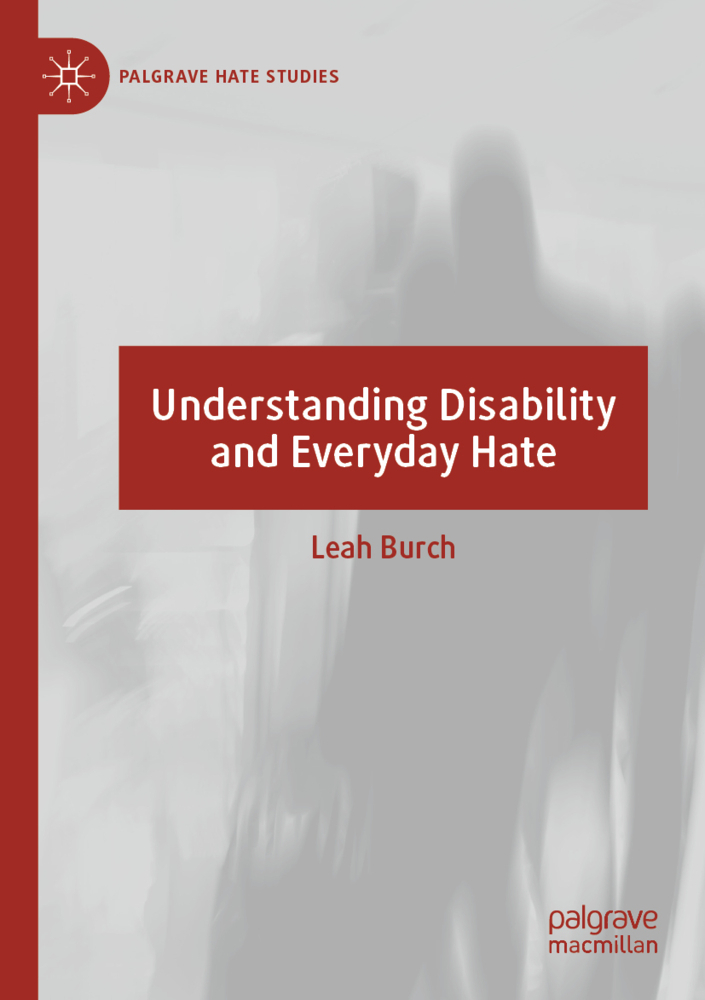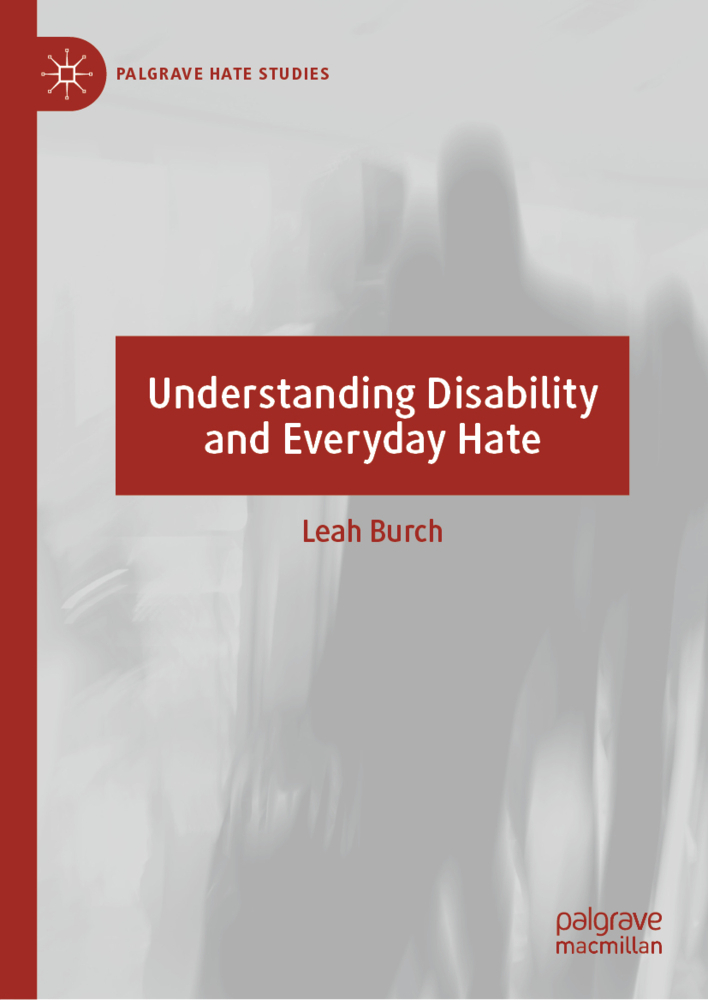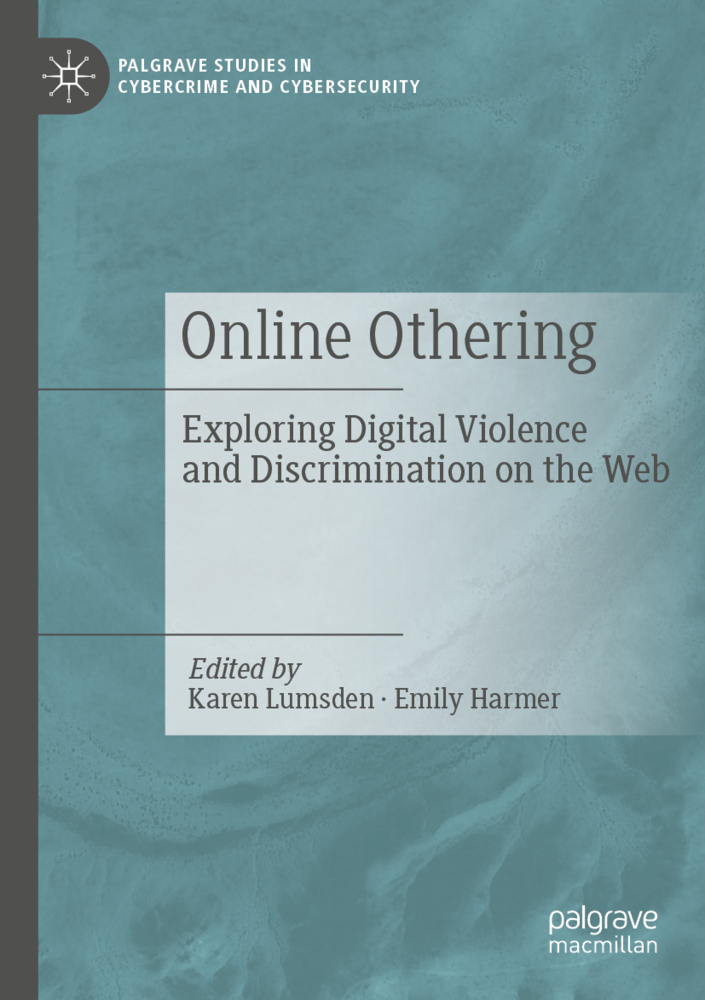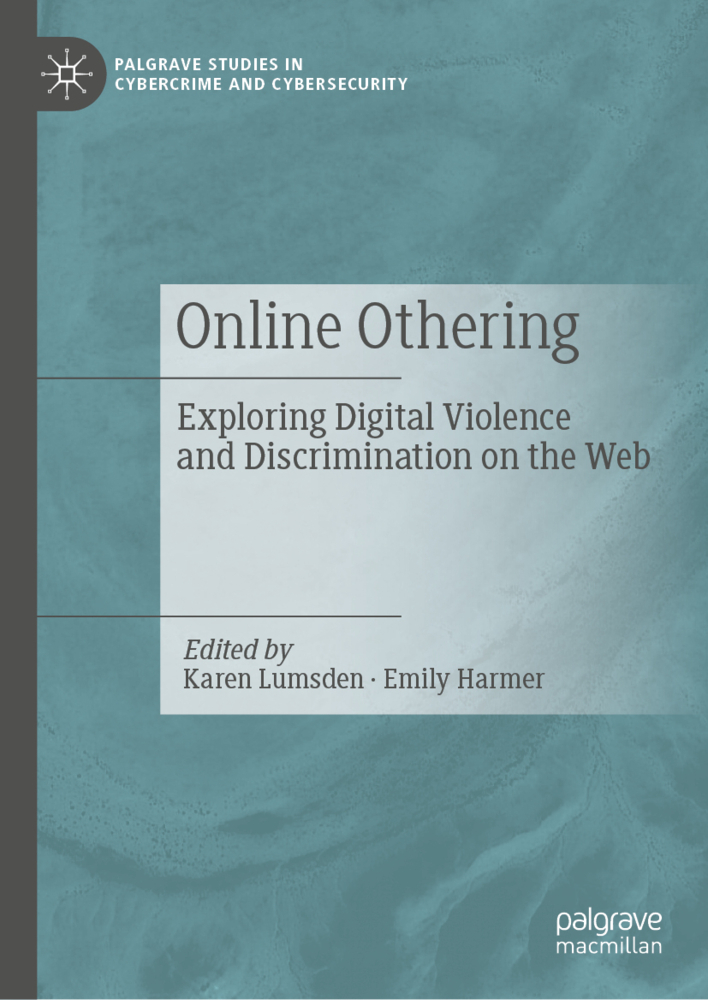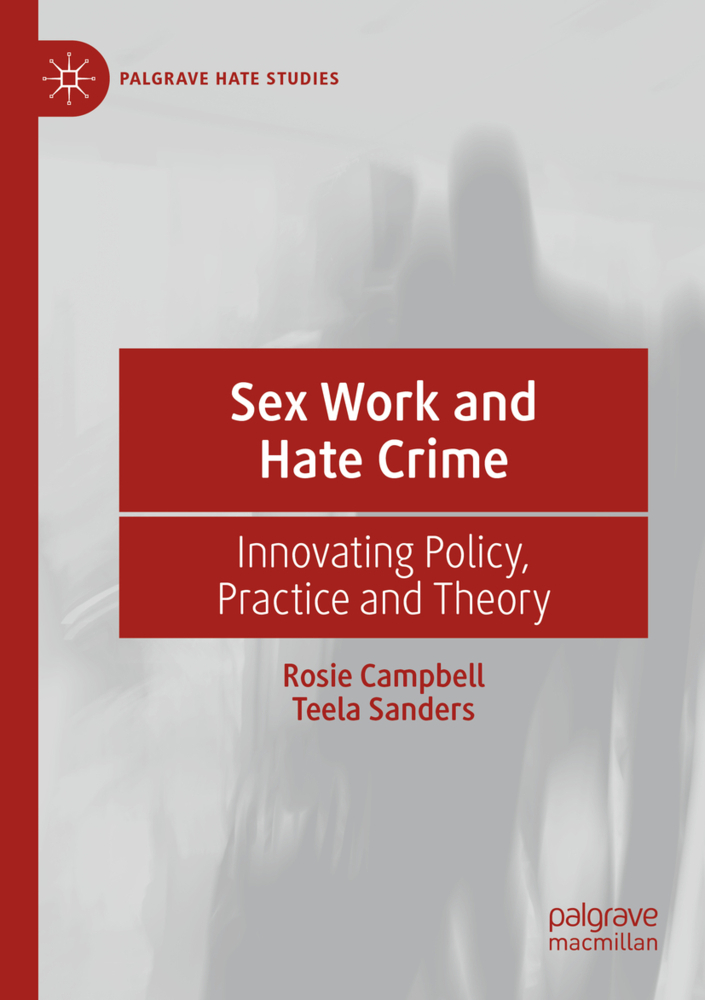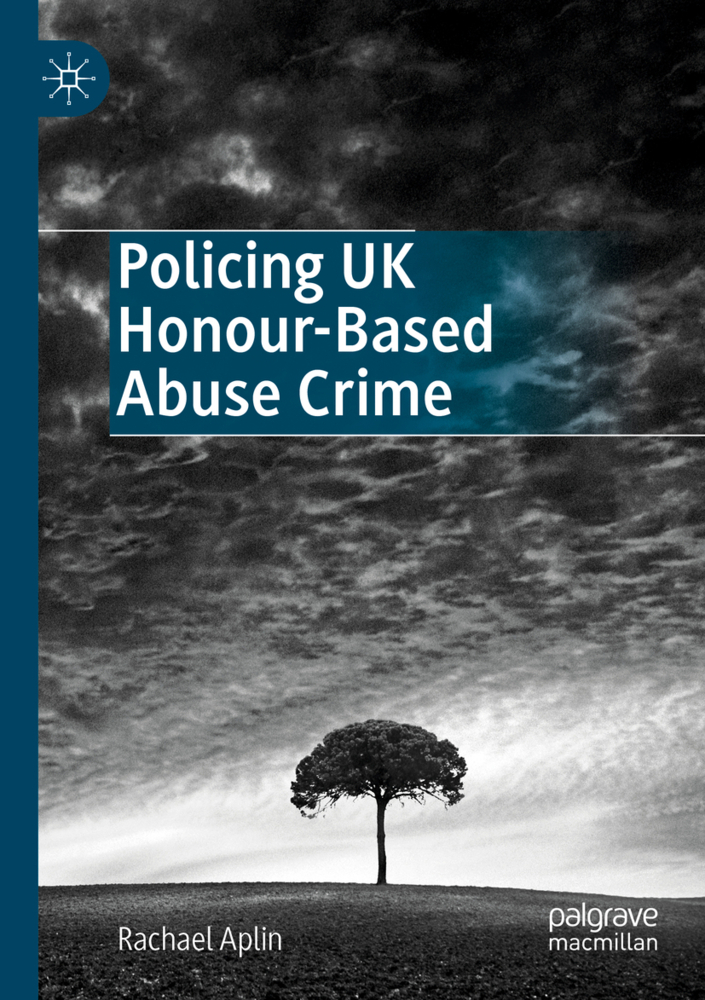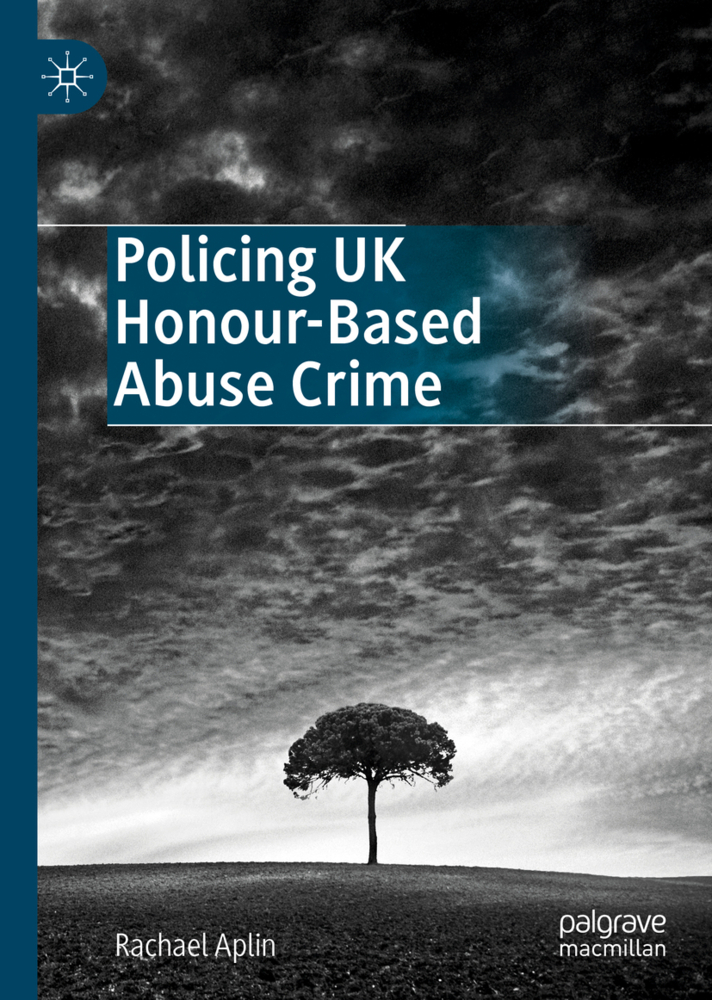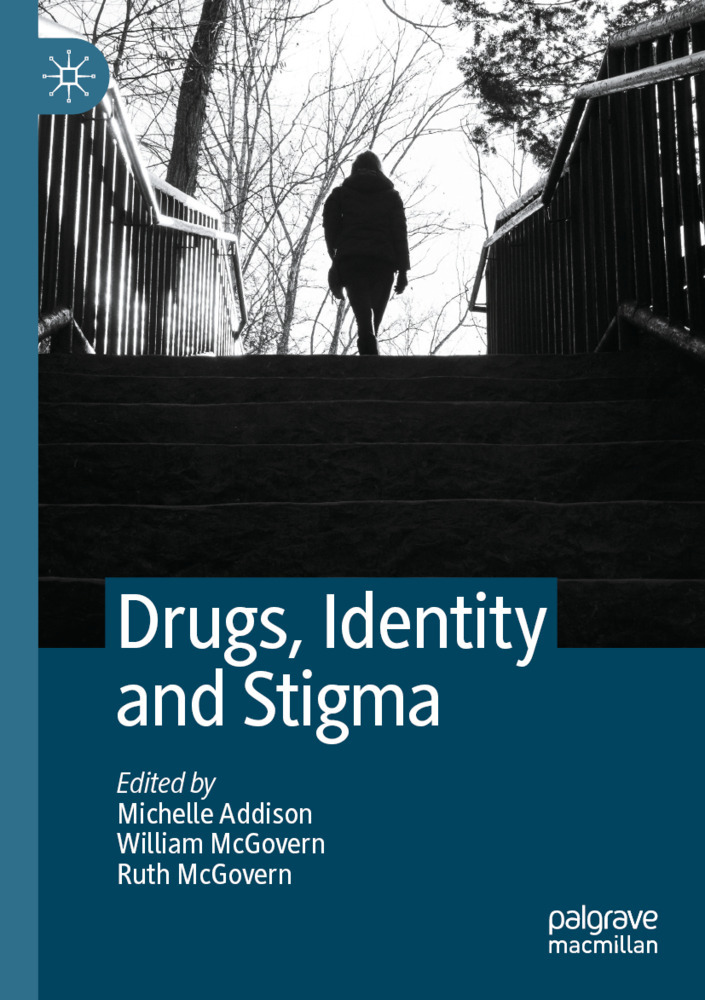Disability Hate Crime
Experiences of Everyday Hostility on Public Transport
This book examines the experiences of disabled people on public transport to reveal the everyday abuses that many experience there, and the resilience that they need in order to conduct an ordinary life. This work represents an intertwining of personal journeys, with its author writing from first-hand experience, and now working as one of the leading researchers of disability hate crime (DHC) in the UK. DHC is an under-researched area and the findings in this book have implications beyond the public transport context. This book draws on a sample of 56 victim-participants and includes data drawn from public transport regulators, service operators and staff in the UK.
Wilkin argues that established legislation needs to be recognised and implemented by regulatory and local authorities in order to reach equality objectives on public transport. Each chapter is clearly structured, accessibly written and includes key definitions which will speak to practitioners and academics with an interest in victimology, policing, social policy, gender studies, disability studies, migration studies, equality studies and religious studies. This book also examines how effectively authorities and service providers safeguard disabled people on UK public transport and reveals adaptive approaches to researching with disabled people.
David Wilkin is Postgraduate Researcher at the University of Leicester, UK. David spent over thirty years in various roles within the public transport sector and was one of a small group of Equality and Inclusion Trainers. David entered adult life unable to write a sentence having been too scared to attend school, but he is now a criminologist completing a PhD research project concerning other victims of DHC.
Wilkin argues that established legislation needs to be recognised and implemented by regulatory and local authorities in order to reach equality objectives on public transport. Each chapter is clearly structured, accessibly written and includes key definitions which will speak to practitioners and academics with an interest in victimology, policing, social policy, gender studies, disability studies, migration studies, equality studies and religious studies. This book also examines how effectively authorities and service providers safeguard disabled people on UK public transport and reveals adaptive approaches to researching with disabled people.
David Wilkin is Postgraduate Researcher at the University of Leicester, UK. David spent over thirty years in various roles within the public transport sector and was one of a small group of Equality and Inclusion Trainers. David entered adult life unable to write a sentence having been too scared to attend school, but he is now a criminologist completing a PhD research project concerning other victims of DHC.
1;Foreword;7 2;Preface;9 3;Acknowledgements;11 4;Contents;13 5;About the Author;14 6;Chapter 1: Introduction: Exploring Disability Hate Crime;16 6.1;1.1 The Motivation;16 6.2;1.2 The Research;18 6.3;1.3 What Is Hate Crime?;18 6.4;1.4 Disability Hate Crime;21 6.5;1.5 Why Specifically Recognise Disability Hate Crime?;21 6.6;1.6 Models of Disability;24 6.7;1.7 The Necessity of Public Transport Use;25 6.8;1.8 Crime on Public Transport;26 6.9;1.9 Introduction Summary and the Structure of This Book;29 6.10;Bibliography;30 7;Chapter 2: Revealing Incidents of Hate Crime on Public Transport: Working with Disabled People;33 7.1;2.1 Chapter Introduction;33 7.2;2.2 Access to Research Sources;34 7.3;2.3 Victim and Witness Participants;36 7.4;2.4 The Interviews;37 7.5;2.5 Focus Groups;38 7.6;2.6 Perceptions of Vulnerability and Adaptions;39 7.7;2.7 Analysis and Theory Generation of Victim and Witness Data;40 7.8;2.8 Intersectionality;42 7.9;2.9 Public Transport Safeguarding Responsibility;42 7.10;2.10 Probing Public Transport Authorities and Providers;44 7.11;2.11 Research Problems;46 7.12;2.12 Summarising Chapter 2;47 7.13;Bibliography;48 8;Chapter 3: Everyday Experiences of Victimisation Against Disabled People;49 8.1;3.1 Chapter Introduction and Metadata;49 8.2;3.2 Techniques of Abuse;51 8.3;3.3 The Immediate Impact on the Victim;56 8.4;3.4 Victim Acceptance, Resilience and Retaliation;57 8.5;3.5 Passengers Collaborating to Abuse;60 8.6;3.6 Actions Taken by Staff and the Reporting of Incidents;64 8.7;3.7 Summary of Chapter 3;69 8.8;Bibliography;70 9;Chapter 4: The Victim: Lifestyle Impact and Change;71 9.1;4.1 Chapter Introduction;71 9.2;4.2 Shorter-Term Impacts of Hostility;72 9.3;4.3 Longer-Term Impacts of Hostility;76 9.4;4.4 Summarising Chapter 4;78 9.5;Bibliography;78 10;Chapter 5: The Safeguarding of Passengers on UK Public Transport;79 10.1;5.1 Chapter Introduction;79 10.2;5.2 Oversight;80 10.3;5.3 Public Transport and Equality Policy;82 10.4;5.4 Questions to Local and Regulatory Authorities;83 10.5;5.5 Transparency of Freedom of Information Protocols;83 10.6;5.6 Responses from Authorities;84 10.7;5.7 Service Provider Responses;86 10.8;5.8 Staff Training and Crime Reduction Strategies;89 10.9;5.9 Non-compliance with Legislation;92 10.10;5.10 Summarising Chapter 5;94 10.11;Bibliography;96 11;Chapter 6: Disability Hate Crime: What Did We Already Know, What Is New?;99 11.1;6.1 Chapter Introduction;99 11.2;6.2 Themes from Findings;100 11.3;6.3 Setting the Research Outcomes Against Established Academic Evidence;101 11.4;6.4 Collaborative Alienation;111 11.5;6.5 Summary of Chapter 6;120 11.6;Bibliography;120 12;Chapter 7: Disability Hate Crime on Public Transport: Conclusion and New Directions;124 12.1;7.1 Chapter Introduction: Looking Back at the Journey;124 12.2;7.2 Re-examining the Research Approach;125 12.3;7.3 Implications for Theory and Knowledge;127 12.4;7.4 Implications for Future Research and Future Methods;129 12.5;7.5 Implications for Policy and Practice;132 12.5.1;Policing and Best Practice;134 12.5.2;Effective Leadership;135 12.5.3;Public Transport Staff Training;135 12.5.4;Legislative Failures;136 12.5.5;Third-party Reporting;137 12.5.6;Prosecution Protocol;138 12.5.7;Wider Considerations;138 12.6;7.6 Summarising the Conclusion;139 12.7;Bibliography;141 13;Index;143
Wilkin, David
| ISBN | 9783030287269 |
|---|---|
| Artikelnummer | 9783030287269 |
| Medientyp | E-Book - PDF |
| Copyrightjahr | 2019 |
| Verlag | Palgrave Pivot |
| Umfang | 144 Seiten |
| Sprache | Englisch |
| Kopierschutz | Digitales Wasserzeichen |

